History
The Institute of Animal Physiology and Nutrition, Polish Academy of Sciences was established by the Resolution No. 33/55 by the Praesidium of Polish Academy of Sciences on February 24, 1955, accepted by the Praesidium of Polish Government on June 2, 1955. The establisher, organizer, and director of the Institute for the first 20 years was Professor Jan Kielanowski. In 1990 the Institute was named after His name.
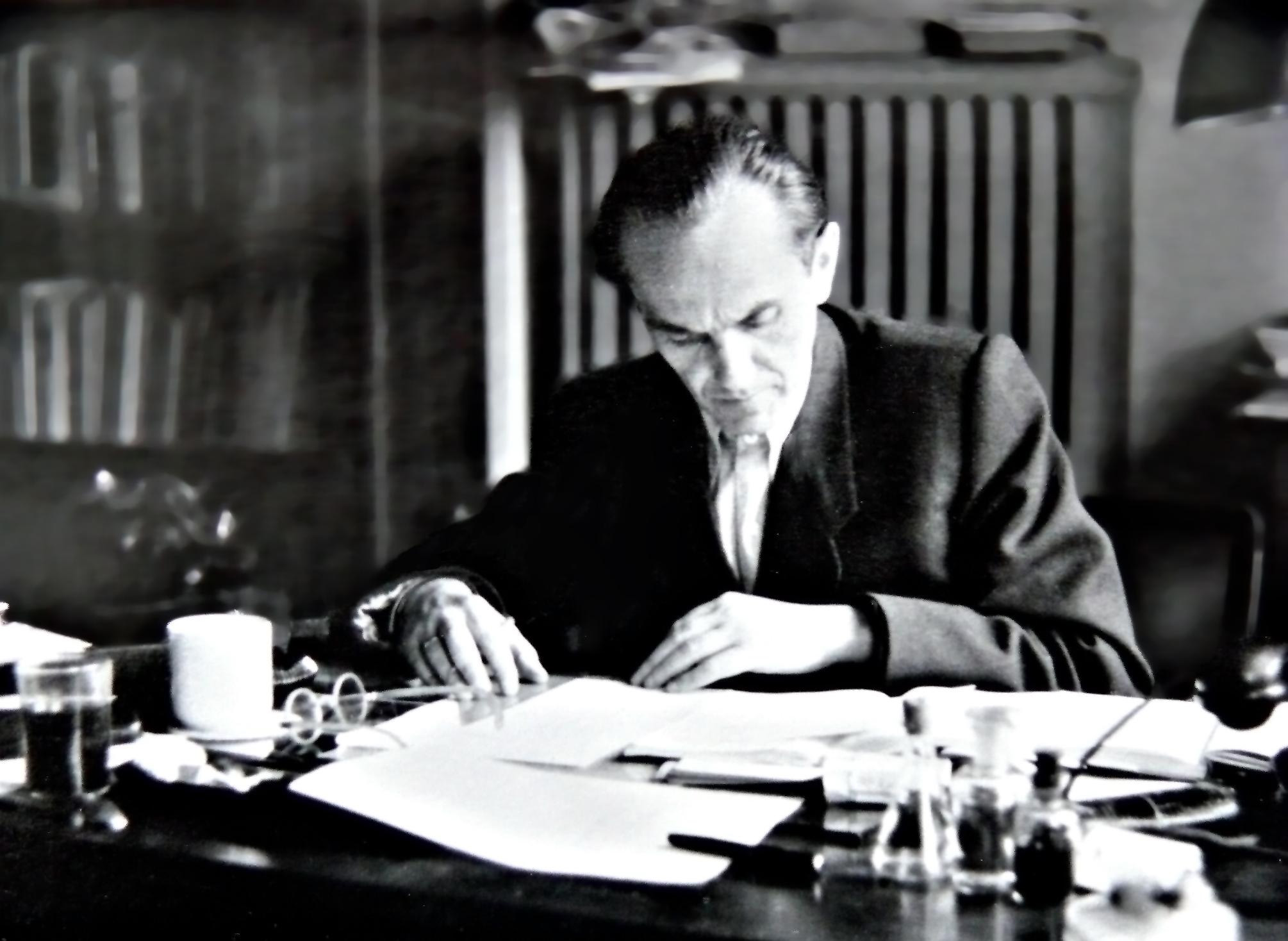
The need to establish such an institution was dictated by the lack of research on farm animal physiology. The scarcity of knowledge about processes occurring in high-productive animals hindered creating to form conditions needed to gain high-productivity, at the same time preserving health and ensuring long-time using. In Poland such studies were not satisfactory which was harmful for the animal production, so in the justification of the Resolution of the Presidium it was stated that the main goal of the Institute should be expanding and carrying out fundamental research on physiology and feeding of productive animals. Programme and organisational assumptions of the Institute were made by the Professor Jan Kielanowski with the cooperation with such specialists as Professor Mieczysław Czaja.
As Professor Jan Kielanowski wrote: ‘For the Institute the research on productive animals’ physiology should be a priority. This is a new branch, which extracted from the knowledge of physiology as a productive needs derivative. The animal productivity development encounters many obstacles almost always connected with outstanding increase of animal productivity. Among them are mainly reproduction disruptions, high mortality, decreasing lifespan and immunity of youth, shortening of using period, sometimes lowering the animal product quality – the reasons for that should be found mainly in insufficient breeding conditions not connected with animal requirements. So, the aim of the new branch of physiology is to study the organisms of farm animals, above all high-productive animals, in order to create the basis of rationale using, without harming their health, lifespan, immunity and longevity. Therefore, the studies on feed and energy metabolism using biochemistry and biophysics, on hormonal and neuronal regulation, on immunity and so on are needed. The results of such studies should be used in practical animal production, answer the questions about decreasing productivity rates or even indicate the new pathways of development’.
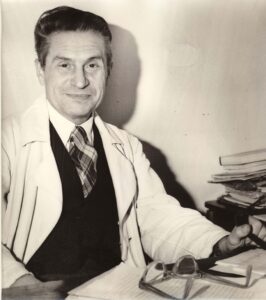
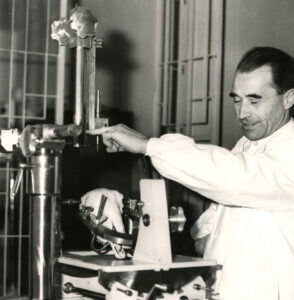
The Institute was settled down in 1955. At first it was managed by Zootechnics Institute of Bydgoszcz with the work groups: production results pricing, feeding experiments and feed quality. In newly opened institution together with Professor Jan Kielanowski worked among others: Mirosław Chomyszyn, Lech Jaśkowski, Mieczysław Janicki, Zofia Osińska, Aleksandra Ziołecka, Aleksander Ziołecki, Leon Lassota, Piotr Poczopko, Janusz Keller, Danuta Kłosowska and Romuald Stupnicki.
In 1960, when all units, apart from Meat Quality Department, have been moved to Jabłonna, Eugeniusz Domański began to work as a deputy director for research till 1978, after him – Grażyna Znaniecka – till 1980, as a head of poultry usability laboratory, Franciszek Horszczaruk, Stanisław Buraczewski – director of the Institute in the years 1974-1988, Lucyna Burczewska, Maria Kotarbińska and group of younger researchers, among them Hanna Kaciuba-Uściłko, Barbara Pastuszewska, Franciszek Przekop, Kazimierz Kochman and Jan Kowalczyk.
At first to the Institute were included experimental farms in Jabłonna and Góra, and later the one in Kazuń. In 1970 all these farms were joined and named Research Station of Polish Academy of Sciences in Jabłonna, and still cooperated with the Institute.
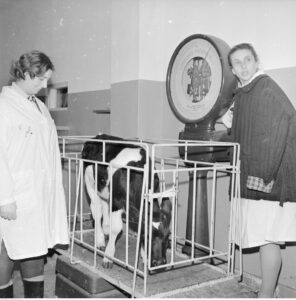
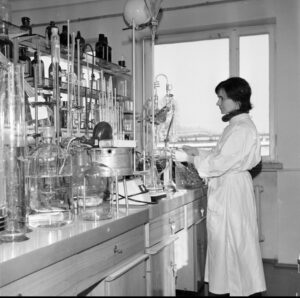
The Institute has the right to confer:
- the PhD degree in agriculture, in the zootechnics and fishing area (since 1971)
- the post-doctoral degree in agriculture, in the zootechnics and fishing area (since 2016).
In this time, the basic research, which have been developed in the next years, was formulated in the Institute:
- studies on protein, comprising amino acids content and nutritional value characteristics of feed protein, its way in the gastrointestinal tract and further conversion, using of non-protein nitrogen by ruminants;
- nitrogen and energy balance and changes in body composition in growing animals in order to estimate their energetic and protein needs;
- studies on neuronal and hormonal regulation of reproduction in female ruminants, especially on the role of pituitary in the central regulation of reproduction processes;
- research on thermoregulation, particularly on occurring thermoregulatory mechanisms in the first period of mammal and bird life (studies were finished in 1991);
- formulating objective meat quality criteria, and research on production conditions on the meat quality.
These matters were studied in the Institute, however they were up-dated or some were finished as less necessary. In the years 1980–2000 the particular emphasis was put on research on digestion and absorption of nutrients and the role of anti-nutritional factors in these processes, determination of amino acid, minerals and energy requirements in growing animals, describing neurohormonal mechanisms of reproduction and biological and environmental regulation of farm animals development.
In the later period, the studies were focused on development and physiology of gastrointestinal tract in newborns and in the period of weaning, and on the biology of microorganisms colonizing the gastrointestinal tract. Research on the influence of diet composition and nutrients transformation, mainly fat, on the fatty acids profile in sheep, pig, and poultry tissues have been carried out. The works on neurohormonal regulation of growth and reproduction on the central nervous system level in the condition of feed deficiency have been still conducted.
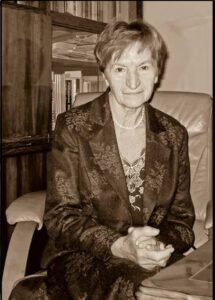
New analytical, surgical, radio-immunological, immunoholistics methods of molecular biology are developed, laboratories are still equipped with modern analytical appliance. The Institute was the first in Poland to formulate and use radio- and immuno-histo-chemical methods allowing to designate hormones in farm animals.
In 2018–2019 the research topics were modernised during the process of restructuration of the Institute. Currently, apart from typically zootechnics topics, research of translational character are carried out in the Institute. They are focused on pathophysiology and ways of therapy of different illnesses, also in humans. The changes of research topics will adjust our work to the newest research directions, the interests of our scientific staff, and the attractiveness of our studies.
The current research topics studied in the Institute are concentrated on four main research directions:
I. Development and animal welfare and environment protection
1. The influence of feeding and hormonal factors on structure, functioning and microbiota of digestive tract
2. Pro-ecological animal feeding strategies
3. Digestive tract immune system
II. Farm and laboratory animals as models in the studies on etiology, prevention and therapy of diseases
1. Inflammation – causes, effects and prevention
2. Civilizational diseases – mechanisms of action, prevention and alternative therapies
3. Fetal and postnatal programming
III. Molecular and hormonal regulations of physiological processes
1. Hypothalamic-pituitary gene and neurosecretory networks
2. Brain-intestines-microbiota functional axis
IV. Selected factors of physiology of wild animals living in nature and in closed conditions
The structure of the Institute has been many times changed. Since 2018 the scientific activity of the Institute is realized in the scope of three departments:
- Department of Genetics Engineering
- Department of Animal Physiology
- Department of Animal Nutrition
which are supported by established in 2018 laboratories:
- Large Animal Models Laboratory
- Laboratory of Gastrointestinal Tract Protective Barrier Analysis.
The settlement of laboratories was possible due to the funds from the Ministry of Science and Higher Education.
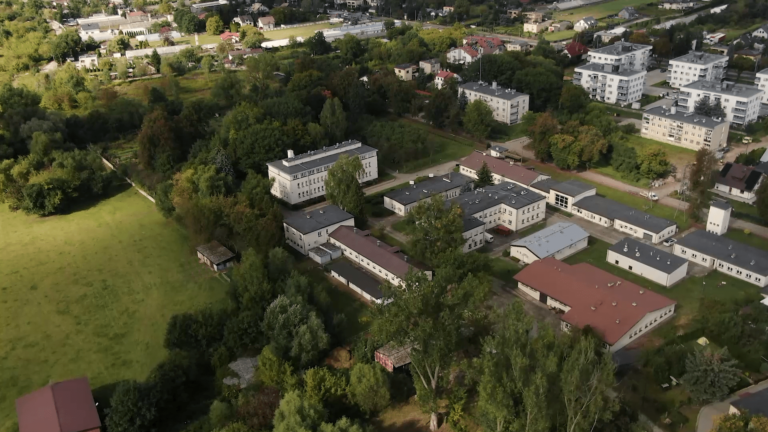
The particular role of Directors of the Institute: Prof. Jan Kielanowski (1955-1974), Prof. Eugeniusz Domański (1960-1978), Prof. Stanisław Buraczewski (1974-1992), Prof. Bernard Barcikowski (1978-1989), Prof. Teresa Żebrowska (1990-2003), Prof. Romuald Zabielski (1999-2003), Prof. Jacek Skomiał (2003-2012 and 2015-2019), Prof. Tomasz Misztal (2012-2015) and Prof. Andrzej Herman (2019-2023 and 2023- ) should be emphasized in the creation and development of new research directions and also in assuring conditions to their realization.


